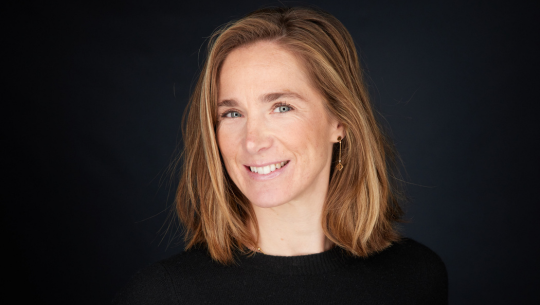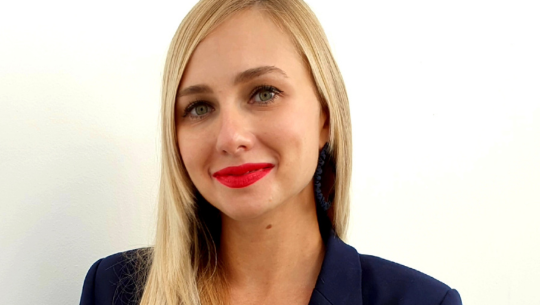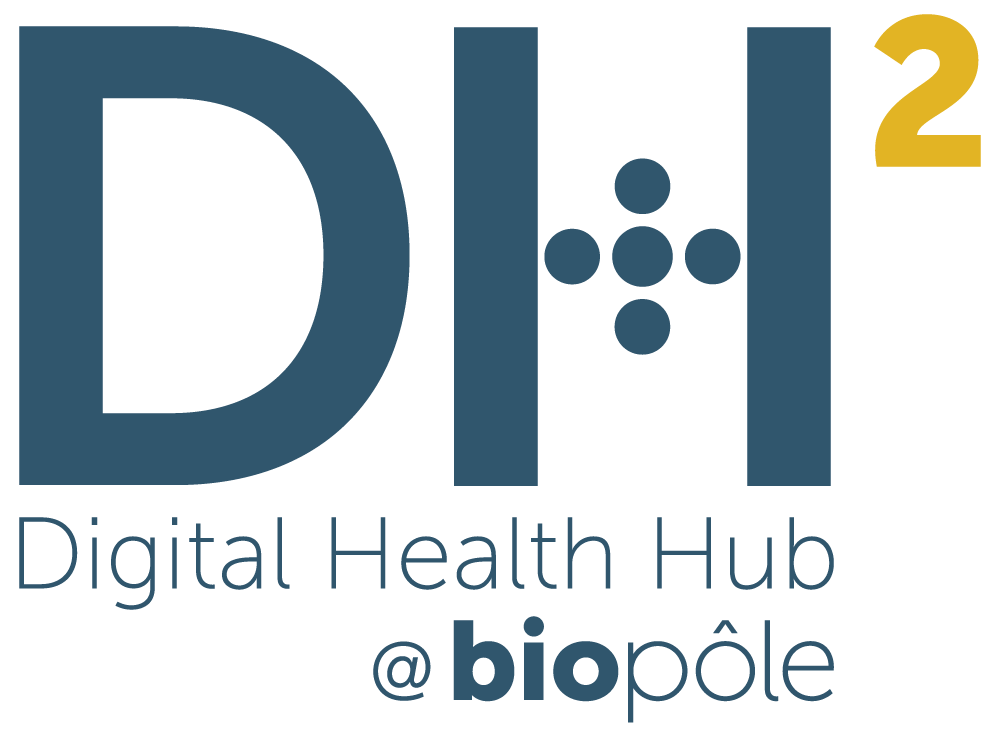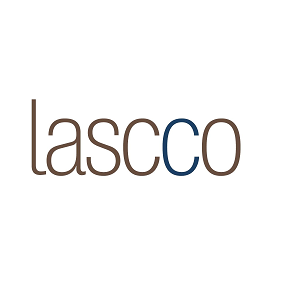CONNECT. COLLABORATE.
INNOVATE.
Biopôle life sciences campus in Lausanne, Switzerland might just be the perfect location for your organisation – whether you’re an ambitious start-up or a major multinational.
Biopôle is home to over 2,500 people from the world’s most innovative life sciences companies and research groups, so you’ll be at the centre of a constant flow of ideas that cross boundaries, generations and disciplines – part of the spirit of collaboration that drives our whole community.





















